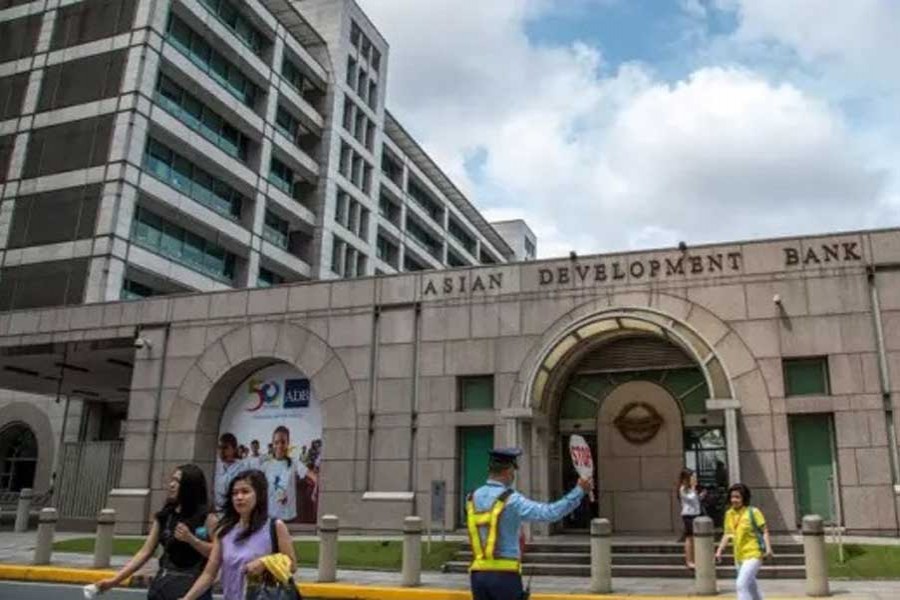Bangladesh is set to sign a US$260 million agreement with the Asian Development Bank (ADB) on Sunday (tomorrow) for infrastructural investments, especially for public-private partnership (PPP) projects as well as renewable energy interventions.
Economic Relations Division (ERD) Secretary Kazi Shofiqul Azam and ADB Country Director for Bangladesh, Manmohan Parkash will sign the agreement on behalf of their respective sides at the NEC-II Conference Room in the city's Sher-e-Bangla Nagar area.
"Like in the past, the ADB fund will provide for long-term debt financing and catalysing private sector participation through the implementing agency, Infrastructure Development Company Limited (IDCOL) which substantially contributed to economic growth in the country," an ERD official told state-owned BSS agency.
After successful implementation of earlier phases, the project titled "Third Public Private Infrastructure Development Facility-Tranche 1" will serve to catalyze commercial financing for PPP projects, thereby reducing the pressure of direct financing on the public budget.
The objective of the project is to help provide the rural population and small to medium enterprises with clean and affordable electricity either through grid-connected or off-grid energy efficiency and renewable energy solutions.
Solar Home Systems (SHSs) will not be financed under PPIDF 3 given the market saturation and availability of funding from partner donors.
A key design element of thePPIDF3 is the introduction of the Multitranche Financing Facility (MFF) Financial Intermediary (FI) lending modality.
The MFF-FI modality is particularly well suited for FI interventions which provide long-term funding to PPP infrastructure projects. These PPP interventions are typically developed in a phased manner based on project implementation requirements.
The MFF modality allows the borrower, IDCOL, to onlend financing for subprojects based on readiness criteria including finalization of risk-sharing arrangements, readiness of engineering procurement and construction, and phased release of equity.
The disbursement to a subproject can take place through multiple tranches with time-slicing given the typical characteristic of staggering of payments, and thereby providing IDCOL the flexibility to plan cost-effective disbursements of subprojects.


